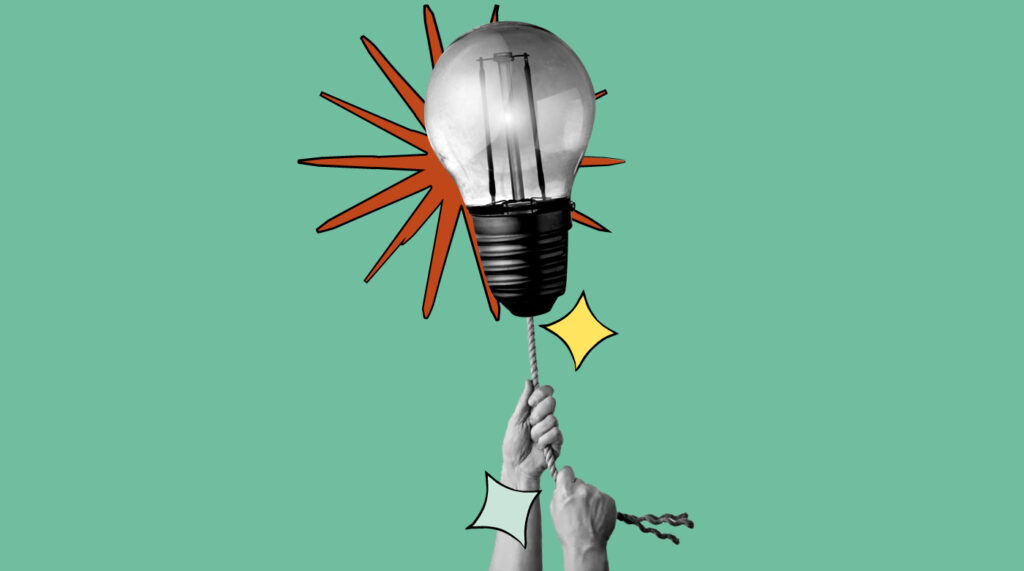Innovation is hard because organisations get in the way, the rest on current success. Innovation is about doing something differently, yet organisations are really good at doing the same thing the same way – take McDonalds for example, regardless of whether you like or dislike the food they prepare, you know it’s the same every time. I enjoy the occasional Big Mac, and regardless of where I am in the country, I know it will taste pretty much the same as the one I had a week ago in a different part of the country. And doing producing the same widget to the same quality every time is what business is about. And this is why innovation is hard, because you have a business which has been successful doing the same thing to the same quality, and you're asking them to change this.
Often it’s not simply about widgets either, I’ve worked in service orientated companies where innovation doesn’t mean making sweeping changes to a production line but rather simple changes to a process or policy. That same reluctance to change is still there, those similar hall marks of sunk cost decision basis are still very much present. If something is being changed or improved through innovation, then often all people perceive is that they’ve been doing it wrong. People place so much focus on the fear that they’ve been doing it wrong, that they fail to focus on doing it better.
Turning this around is incredibly hard, particularly in successful companies. My take on it is that to initiate change or innovation you need to be able to leverage the organisations past. Unless they’re a young company, they didn’t always do things this way, at some point they innovated and got to the point they’re at now. Something they need to be reminded of this, indeed sometimes we as individuals to be innovative in our own lives need to reminded of this.
At some point we all made a choice which set us down a particular path, both we as organisations and as individuals need to find this sense of self again, we need to be brace and challenge ourselves – the alternative is we do the same thing every day and wait to die.
And on that cherry note, all the best. Innovation is something we all struggle with, be it in our professional roles or in our private lives. Remember when you were brave, and be that brave intellect again.

